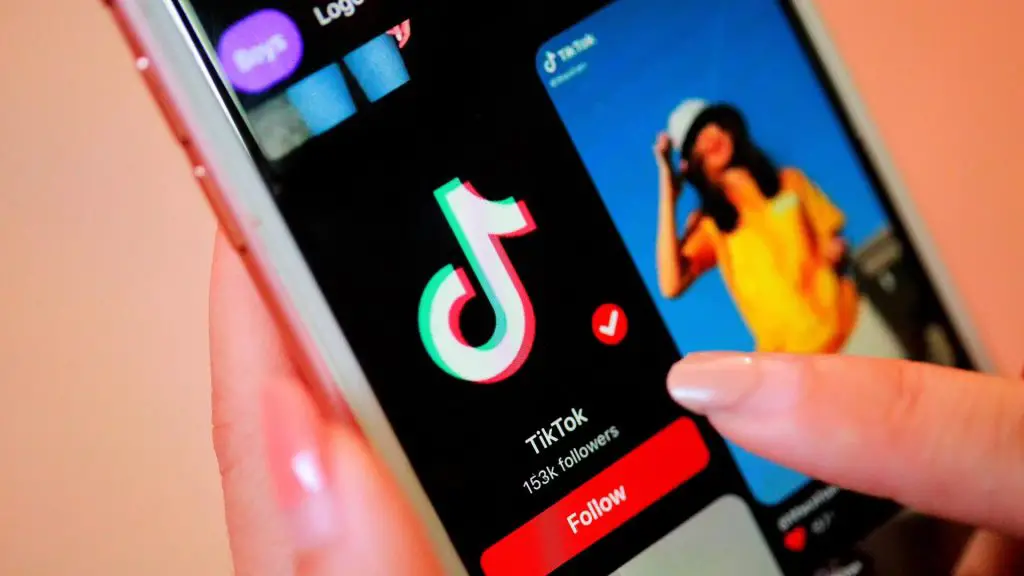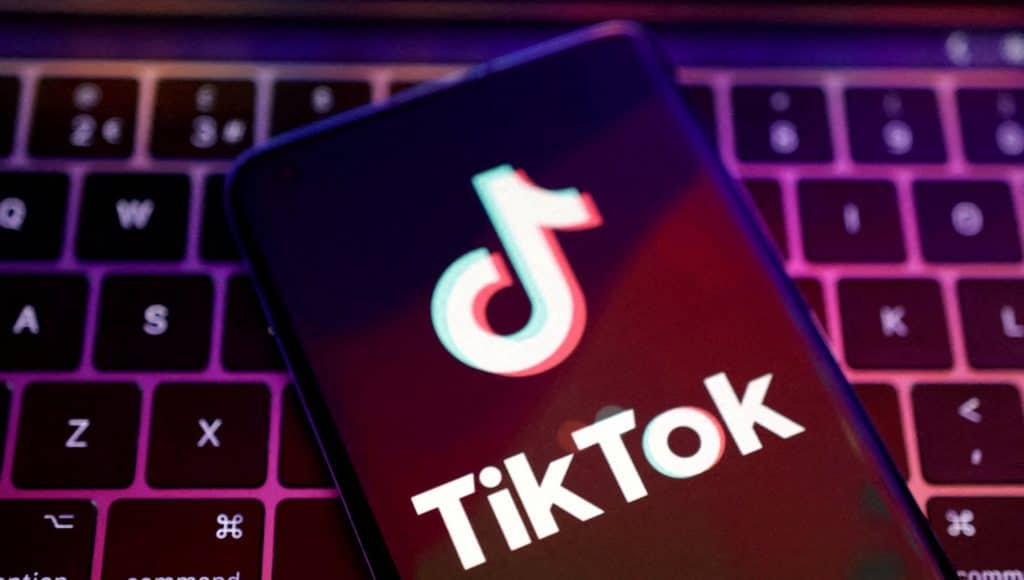The U.S. Department of Justice (DoJ), along with the Federal Trade Commission (FTC), has filed a lawsuit against popular video-sharing platform TikTok for “flagrant violations” of children’s privacy laws in the country.
What the DOJ and Other Agencies Are Saying About TikTok
The agencies said the company knowingly allowed children to create TikTok accounts and view and share videos and short messages with adults and other users on the service.
DOJ and FTC also accused TikTok of illegally collecting and storing a wide range of personal information from these children without notifying or obtaining consent from their parents, in violation of the Children’s Online Privacy Protection Act (COPPA).
According to the DOJ, TikTok’s practices also violated a 2019 Consent Order between the company and the government, in which it pledged to notify parents before collecting children’s data and to remove videos of users under the age of 13, they added.
Not just the DOJ, other agencies are also having their say
COPPA requires online platforms to collect, use, or disclose personal information from children under 13 only with parental consent. It also requires companies to delete any information collected at the request of parents.
“Even for accounts created in ‘Kids Mode‘ (a stripped-down version of TikTok aimed at children under 13), the defendants unlawfully collected and stored children’s email addresses and other types of personal information.“, has declared the DoJ, adding: “Furthermore, when parents discovered their children’s accounts and asked the defendants to delete the accounts and the information contained therein, the defendants often did not honor those requests..”

The complaint also accused the ByteDance-owned company of subjecting millions of children under 13 to extensive data collection that enabled targeted advertising and allowed them to interact with adults and access adult content.
He also criticized TikTok for failing to exercise adequate due diligence during the account creation process, building back doors that allowed children to bypass the age filter intended to exclude users under 13, allowing them to log in using third-party services like Google and Instagram, and classifying those accounts as “age unknown“.
Difficult to identify for Chinese social media
“TikTok’s human reviewers reportedly spent an average of just five to seven seconds examining each account to determine whether the account belonged to a child.“, has declared the FTC, adding that it will take action to protect children’s privacy from companies that use “sophisticated digital tools to monitor children and profit from their data.”
TikTok has more than 170 million active users in the United States and while the company has disputed the allegations, this represents the latest hurdle for the video platform, already subject to a law which could force a sale or ban of the app by early 2025 due to national security concerns; TikTok has introduced a petition to federal court to overturn the ban.

“We disagree with these allegations, many of which involve past events and practices that are factually inaccurate or have been addressed“, has declared TikTok. “We provide age-appropriate experiences with strict controls, proactively remove users suspected of being underage, and We’ve voluntarily launched features like default screen time limits, Family Pairing, and additional privacy protections for kids..”
The social media platform also has faced global scrutiny over child protection; European Union regulators fined TikTok €345 million in September 2023 for violating data protection laws in relation to its handling of children’s data.
In April 2023, it was fined £12.7 million by the ICO for unlawfully processing the data of 1.4 million children under 13 who were using the platform without parental consent.
The lawsuit comes as the UK’s Information Commissioner’s Office (ICO) revealed it has asked 11 media and video-sharing platforms to improve their children’s privacy practices or face enforcement action. The names of the offending services were not disclosed.
“Eleven of the 34 platforms were asked to provide clarification on issues related to default privacy settings, geolocation or age verification, and to explain how their approach complies with the [Codice dei Bambini]“, he has declared. “We are also talking to some platforms about targeted advertising to set expectations about the changes needed to make practices compliant with both the law and the code..”
#DOJ #TikTok #Violation #Childrens #Privacy